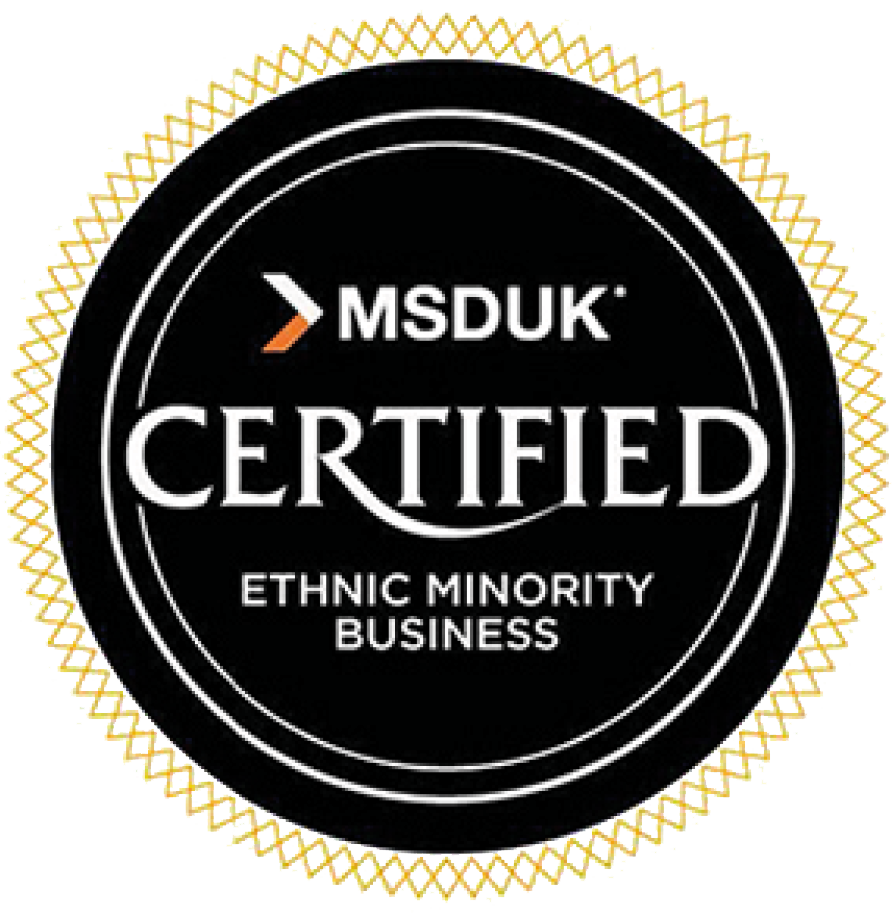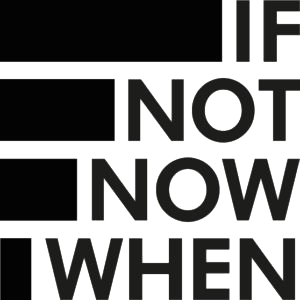October is Black History Month in the UK. A time to celebrate and showcase the incredible achievements, rich histories, and cultures of the UK’s Black communities. It’s also a time to track progress and measure the work that we have done to strengthen our efforts for change and implement more ambitious goals and targets to drive Black inclusion in business.
We still have work to do to ensure our Black colleagues can thrive, and to ensure that we are leveraging our collective power to drive change across our societies.
A common misconception is that systemic racism and discrimination are a thing of the past. Or that it exists, but it’s easier to dismiss or forget because it often doesn’t get the media and national attention that it should.
However, systemic racism is still an issue today. If it wasn’t, our businesses would be equitable and Black employees would be represented in senior leadership positions. There would be no barriers to progression, or limits to their success that are created through biased and inequitable systems. Black people would also be safe, across our societies and would not be unfairly targeted or discriminated against simply for being Black – 61% of Black employees experienced racism in 2021, according to the Racism at Work in the UK report.
A global call for change
While Black Lives Matter was founded in the United States after the death of Trayvon Martin in 2013, it’s not a movement that is only relevant to America. Black people across the UK and Europe are also subjected to racism, violence, and discrimination that we must recognize and eradicate.
We’ve seen this violence most recently, with the death of Chris Kaba, a 24-year-old Black man from London. Though the investigation is still on-going, the circumstances around Chris Kaba’s death can’t be overlooked or minimized rather we must consider the uncomfortable risk that systemic racism and discrimination may have played a part in his death, as it did in 1999 when an independent report found the handling of Stephen Lawrence’s murder to be ‘institutionally racist’.
So where does that leave businesses? And what role do we play in driving change?
While change may seem like an overwhelming task, businesses have the resources and power to effect meaningful change both within and outside of their organizations.
We must put forward DEI initiatives that are rooted in being bold and understanding that our businesses are not just stronger when they’re more inclusive but also that we have a responsibility to shape the world for the better.
Therefore, Black History Month should be an opportunity to recognize our own systemic failings and talk openly about the barriers that could be impeding the progress and career development of our Black colleagues. The Racism at Work in the UK report, which revealed that while over half (52%) of employees had witnessed racism at work, only one in five (22%) reported the incident to management or HR. Black respondents were 3.5 times more likely to have witnessed racism in the workplace than their White counterparts. Dismantling structural racism starts by openly talking about these issues in the workplace, so that we can all be invested in building more inclusive environments.
What do your Black employees want?
While the burden to educate should never fall to your Black employees, do you know what they want?
It’s vital that we centre the voices of Black employees in any work that we do to drive their development. At INvolve we’ve worked with organizations to implement focus groups for Black employees specifically and provide them with a safe space to discuss their concerns and aspirations for their career development. This qualitative feedback is invaluable and allows our team of DEI experts to formulate a strong list of recommendations to support organizations in driving change.
These focus groups can run as part of our wide RADAR benchmarking tool, and we can provide solutions and help your organization implement these on a systemic level to really bring about the change that is needed.
Ultimately, if we don’t listen to what our Black employees want, we won’t be contributing to solving the problem.
If not now, when will we see change?
Change doesn’t just happen, it’s not random nor is it a given. Systems of oppression were created to provide a selected few with advantages over others, and thus dismantling these require proactivity.
Our If Not Now, When? Campaign for Black inclusion in business was created with the need for change in mind following the murder of George Floyd in 2020. Organizations have power to influence society, and this collaborative campaign with over 80 signatory businesses, motivates and provides business leaders with the tools and best practice they need to effect change within their businesses.
This includes a focus on accountability through measuring progress, implementing initiatives with clearly defined goals that can be refined when needed to ensure that businesses are working together to maintain the momentum we need for change.
You can learn more about If Not Now, When? Campaign here and how you can get involved too.
Ultimately, businesses play a key role in eradicating systemic discrimination and have a responsibility for their Black employees to create workplaces where they can thrive. A skewed mode of thinking is that the work we do within our businesses doesn’t have real world ramifications, but it does. It is not about putting the onus on Black talent to develop – it is about bringing everyone together in the conversation, from line managers to senior leadership, so we can make sure that opportunities are not always allocated to those in the same circles and start dismantling old ways of thinking.
Let’s use Black History Month as an opportunity to continue these conversations all year round, as a jumping off point for progress and commit to change, that is long overdue.




